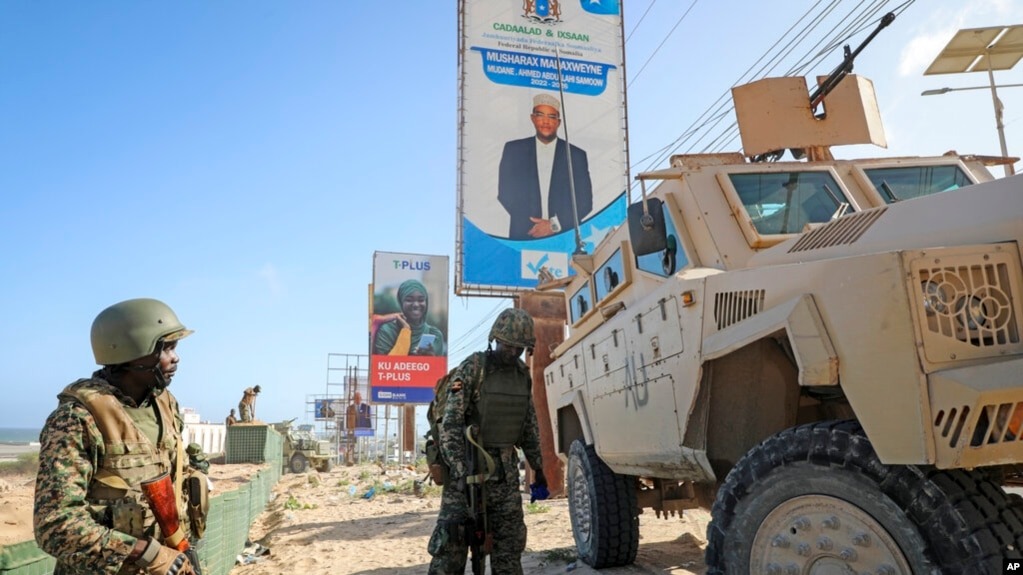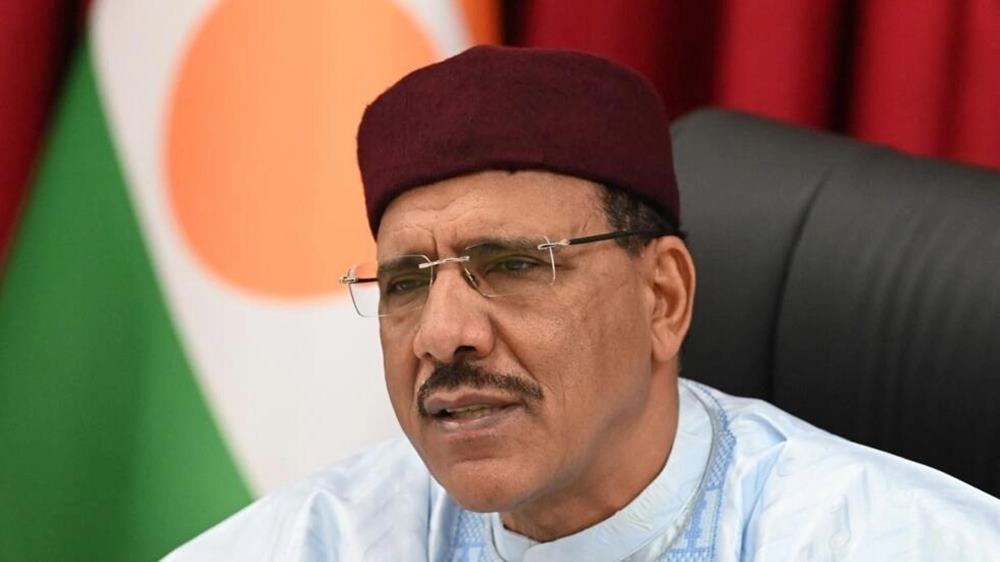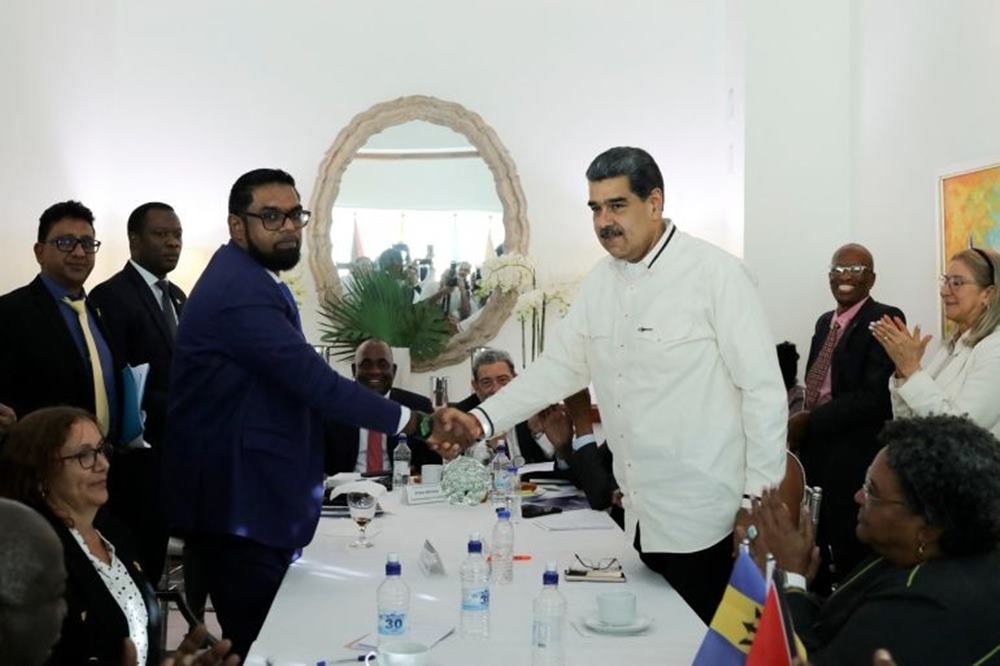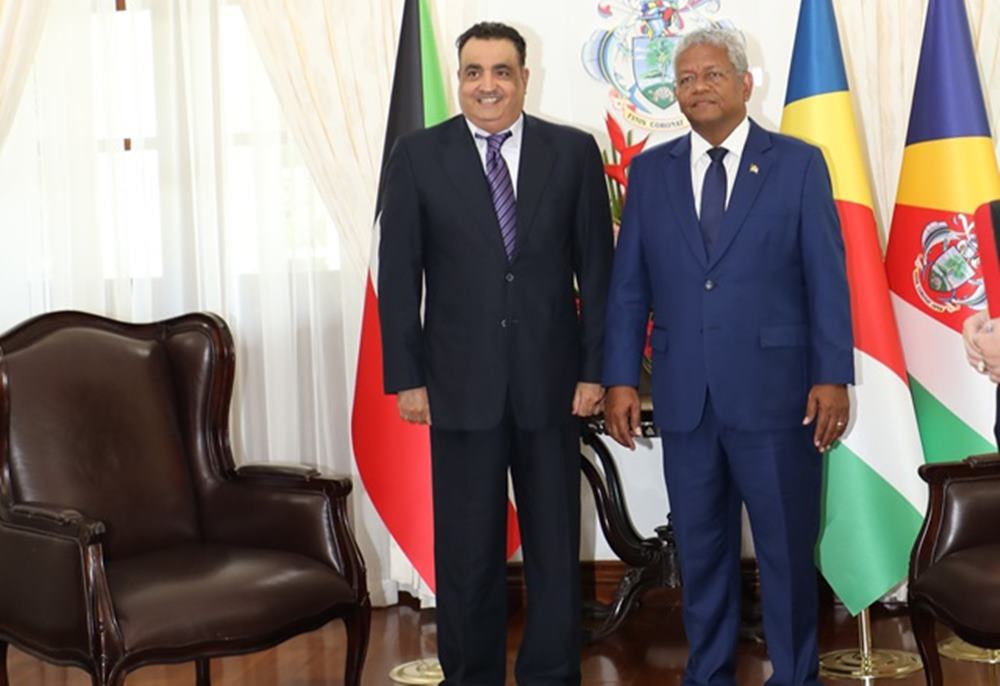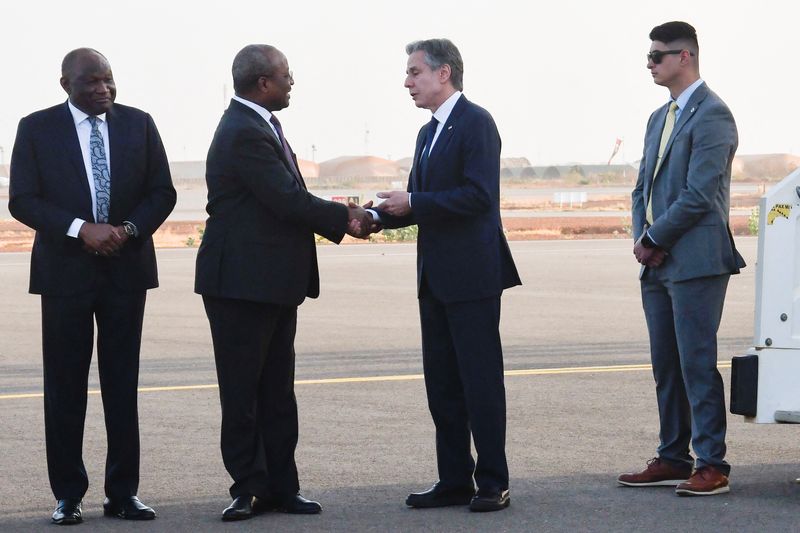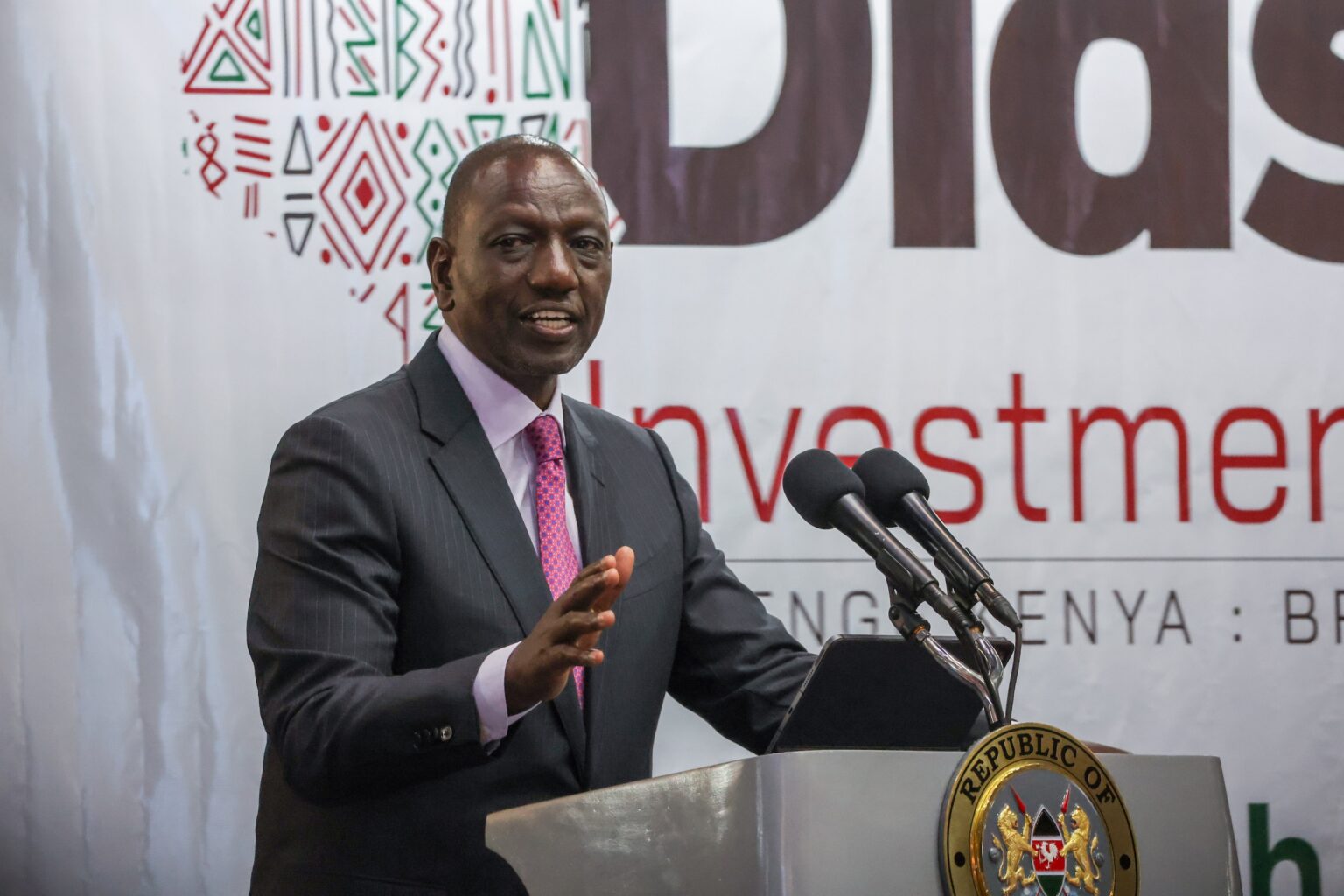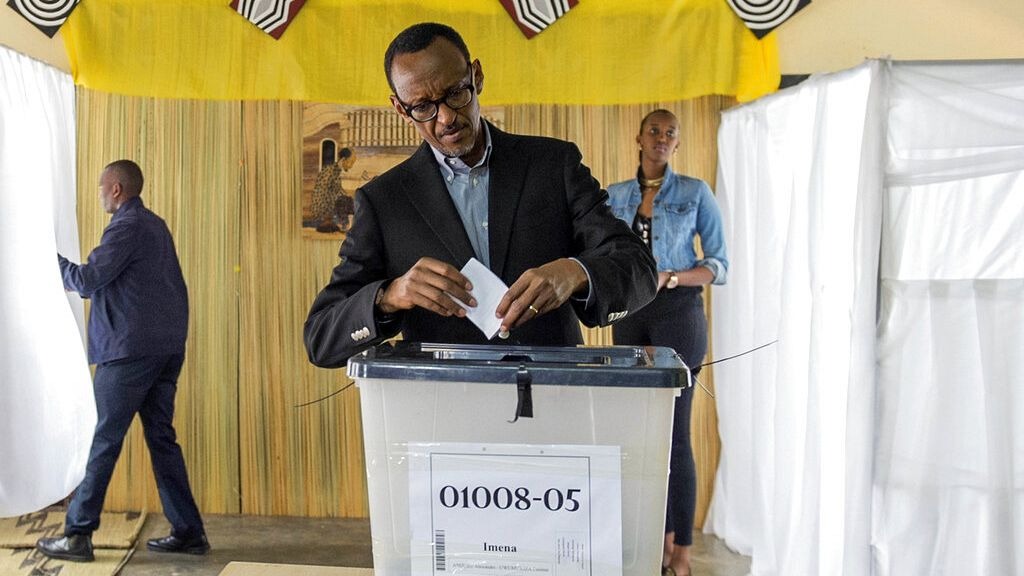The SaxaVord Spaceport, located on the small island of Unst in the Shetland Islands, has received approval from the Civil Aviation Authority (CAA) to become the UK’s first spaceport for vertical rocket launches. The site is set to begin launches in 2024 and will be the first fully-licensed spaceport in Western Europe capable of launching rockets vertically into orbit.
The SaxaVord Spaceport has been granted permission to conduct up to 30 launches per year, with the primary purpose of deploying satellites and other payloads into space. The spaceport, which is the first of its kind in Scotland, has attracted several launch operators from around the world who are currently developing rockets.
German rocket firm HyImpulse is expected to attempt sub-orbital launches from SaxaVord starting in August. Subsequently, full orbital launches are planned to commence in 2025. Rocket Factory Augsburg (RFA), another German company, also has plans for orbital launches from the spaceport. Additionally, Lockheed Martin/ABL Space Systems is preparing for the official UK Government Pathfinder launch from SaxaVord.
Skyrora, an Edinburgh-based company, aims to be the first UK firm to conduct launches from British soil in the near future. The SaxaVord Spaceport, originally a former RAF radar station, is co-owned by Frank and Debbie Strang. The couple purchased the site 15 years ago with initial plans to develop it into an eco-tourism attraction.
Mr. Strang expressed his excitement about the awarding of the license, describing it as a “historic” moment. He emphasized the team’s pride in being entrusted with the operation of a complex and multi-launch spaceport. The space industry in the UK is estimated to be worth £17.5 billion and supports tens of thousands of jobs across thousands of firms.
The CAA’s decision to grant SaxaVord its license is seen as a significant milestone for the UK space sector. Tim Johnson, the director of space regulation at the CAA, stated that this marks a new chapter for UK space as rockets may soon be launching satellites into orbit from Scotland. The UK Transport Secretary, Mark Harper, believes that this announcement will boost the economy of Shetland and position the United Kingdom as a leader in spaceflight innovation.
Last week, the UK Space Agency also announced funding of over £6.7 million to further support Scotland’s spaceport ambitions. With five proposed spaceports under development in Scotland, including the Sutherland Spaceport and plans for additional spaceports in North Uist, Glasgow Prestwick, and Spaceport Machrihanish, the country is positioning itself to play a significant role in the burgeoning space industry.
The granting of the license to SaxaVord Spaceport represents a significant step forward for the UK’s space capabilities. As preparations continue and the spaceport begins operations in 2024, the UK is poised to enter a new era of space exploration and satellite deployment, further solidifying its position as a key player in the global space race.


